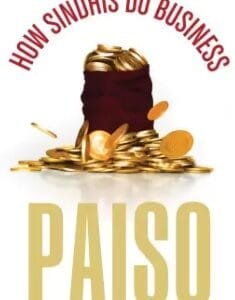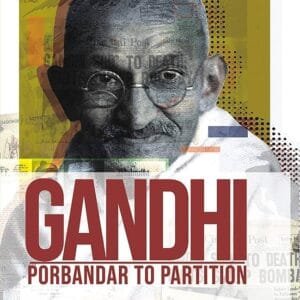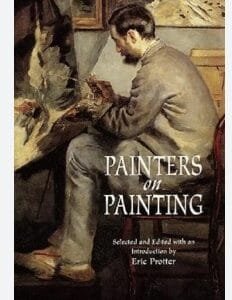Revolutionaries on Trial is a groundbreaking new study of the infamous Lahore Conspiracy Case and its principal martyrs—Bhagat Singh, Sukhdev, and Rajguru—who belonged to the Hindustan Socialist Republican Army (HSRA). The trial was named after the city of Lahore where it was booked and held from 23 July 1929 onwards in Lahore Central Jail. On 7 October 1930, the judge pronounced the young men guilty of conspiring and waging a war against the British crown. Bhagat Singh, Sukhdev, and Rajguru, whom the Indian public believed to be innocent at the time, were sentenced to be hanged and others received varying jail sentences.
The history of the Lahore Trial has so far been told as one of miscarriage of justice and the colonial states lack of commitment or failure to uphold the ideology of rule of law. However, Revolutionaries on Trial shows that this is, at best, just part of the story of one of the most important events of the struggle for Independence. To set the record straight, the book widens the scope of historical enquiry by examining the elaborate performances of four sets of actors—the colonial state as the plaintiff, the revolutionaries as the defendants, witnesses for the prosecution, and the Indian press and public as spectators—each with their own motivations, aspirations, and a view of the desired outcome of the trial. It further captures the extraordinary canvas of the trial which was staged not just in a courtroom but across multiple sites—offices of the investigation officers, legislative assembly, government offices, jails, courtroom, streets, printing presses, newspaper establishments, coffee houses, meeting rooms, and universities across North India..













Reviews
There are no reviews yet.